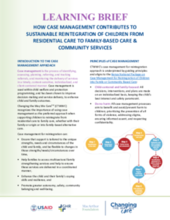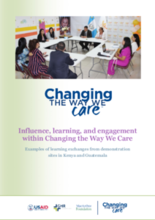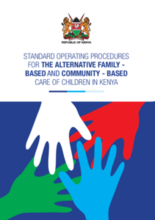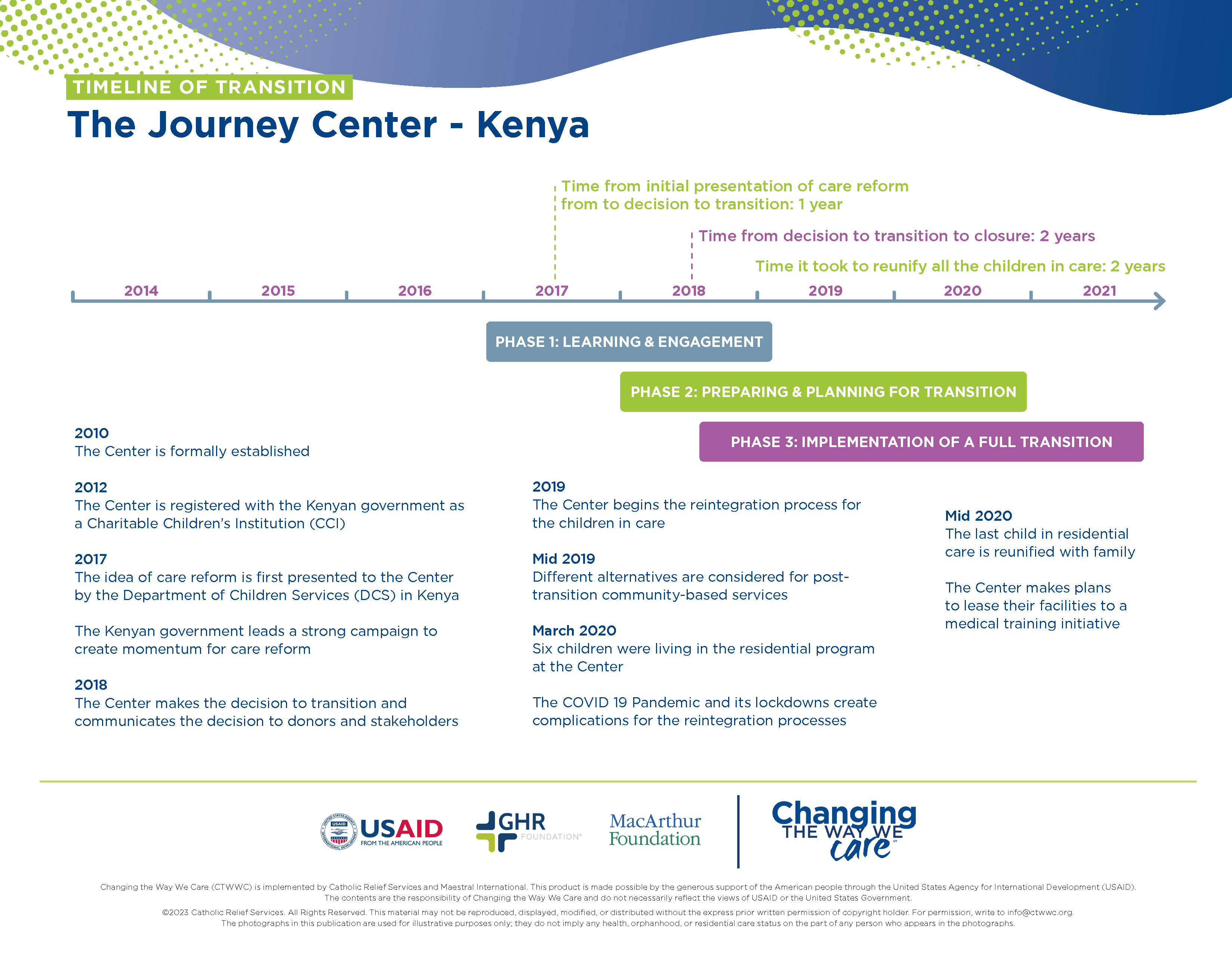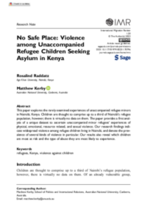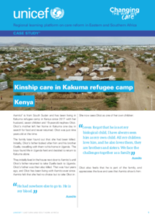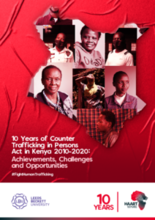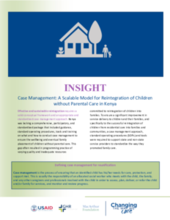This country page features an interactive, icon-based data dashboard providing a national-level overview of the status of children’s care and care reform efforts (a “Country Care Snapshot”), along with a list of resources and organizations in the country.
demographic_data
childrens_living_arrangement
children_living_without_bio
adoption
social_work_force
key_stakeholders
Key Stakeholders
Add New DataOther Relevant Reforms
Add New Datadrivers_of_institutionalisation
Drivers of Institutionaliziation
Add New Datakey_research_and_information
Key Data Sources
Add New DataChildren's Act, 2022 (Kenya)
Prevalence and number of children living in institutional care: global, regional, and country estimates
Social Protection and Disability in Kenya
Kenya Social Protection Sector Review
Country Care Review: Kenya
Child Developmental Disabilities, Caregivers’ Role in Kenya and Its Implications on Global Migration
Research findings on Alternative care system in Kenya for children without parental care
Charitable Children Institutions in Kenya: Factors Influencing Institutionalization of Children
Acknowledgements
Data for this country care snapshot was contributed by consultants with Maestral International.
Displaying 81 - 90 of 447
This learning brief reports on the reflection and shares a collection of case studies collated by caseworkers in Kenya. Using Most Significant Change Storytelling, the caseworkers, supervisors and program managers selected and discussed stories from their work. They discussed what lessons these stories and the discussion drew out about the case management practice. The each of the stories illustrates one or more of the case management steps.
Changing the Way We Care created two opportunities to promote learning and influence the practice of organizations and donors engaged in child protection and care in two demonstration countries: Kenya and Guatemala.
The Standard Operating Procedures (SOPs) for the Alternative Family-based and Community-based Care of Children in Kenya provide guidance for the comprehensive implementation of the Guidelines for Alternative Family Care for Children in Kenya (2014).
This UNICEF ESARO webinar explores the role of case management in care reform and examines strategies for effective case management from Kenya, Ghana and Uganda.
This paper explores the rarely examined experiences of unaccompanied refugee minors in Nairobi, Kenya.
This case study documents the journey of Okot, one of many children in the Kakuma camp in Kenya, living with relatives. There are over 8,000 unaccompanied and separated children living in the Kakuma and Kalobeyei camps, the majority of whom are in kinship care (children cared for by relatives or friends of the family).
This publication evaluates the progress of implementing the 2010 Counter Trafficking in Persons Act in Kenya from its inception until now (2010-2020).
To ensure a significant improvement in service delivery to children and their families, and specifically to the successful reintegration of children from residential care into families and communities, a case management approach, standard operating procedures (SOPs) and tools were required to support state and non-state service providers to standardize the way they promoted family care. This short insight document describes how the case management package was developed and rolled out.
During this UNICEF ESARO webinar presenters share findings from research on care leavers in Kenya, and explore the peer-to-peer methods used in this research. The Government of Kenya also explains why this research was conducted and how it will be used.

